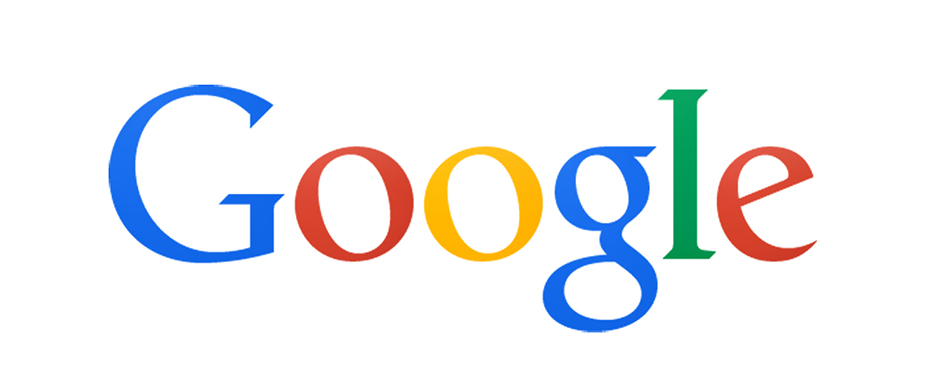Google makes it easy for us to search for any kind of information we want, instantaneously. It has taken the guesswork out of life. But how accurate or relevant is the information we find?
Let’s face it, Gen Y and Z are largely responsible for changing today’s marketing landscape. Not only with how to communicate with them but who is best suited to provide relevant information. Although, it’s not only Gen Y and Z that are responsible for this shift in how we access information. You can now throw in Gen X and even the Baby Boomers into the mix. All of us, no matter what generation we belong to are taking part in this evolution of communication.
How many of us say “Google it” in a day?
The internet as a platform has enabled us to find answers, offer solutions and provide advice instantly. Social Media with its content creation and emphasis on sharing is a product of this social way of thinking. There are so many opportunities within the business environment to create an on-going dialogue with niche targets. Business can provide them with the information they want, when they want it and in the way they want to receive it. However, this opens the door to a lot of misrepresentation of information.
And it’s not just business that can take advantage of the Google platform. Everyone can take advantage of it. It’s in our everyday discussions. When faced with a question that no one knows the answer to, what do we do? We take out our smart phones and Google it. Wonderful! No more debates. No more arguments! But how credible is the information? What happens after we Google it and different sources say different things? We all know Wikipedia isn’t entirely accurate. So how do we decipher what is right and what is wrong when Google provides us with a well of possible “go-to” sites for the information we seek.
Should we be taking what we find on our search from Google at face value? Should we click on the advertising results that appear first? After all, if sites are spending money to get you to their site, aren’t they going to provide the proper information?
Google has made our lives much more efficient. Instant gratification and knowledge is at our fingertips. Awesome. Knowledge is power – as long as it’s accurate.
What are your thoughts on the credibility issues that may arise from providing wrong information? I’d like to hear them.

